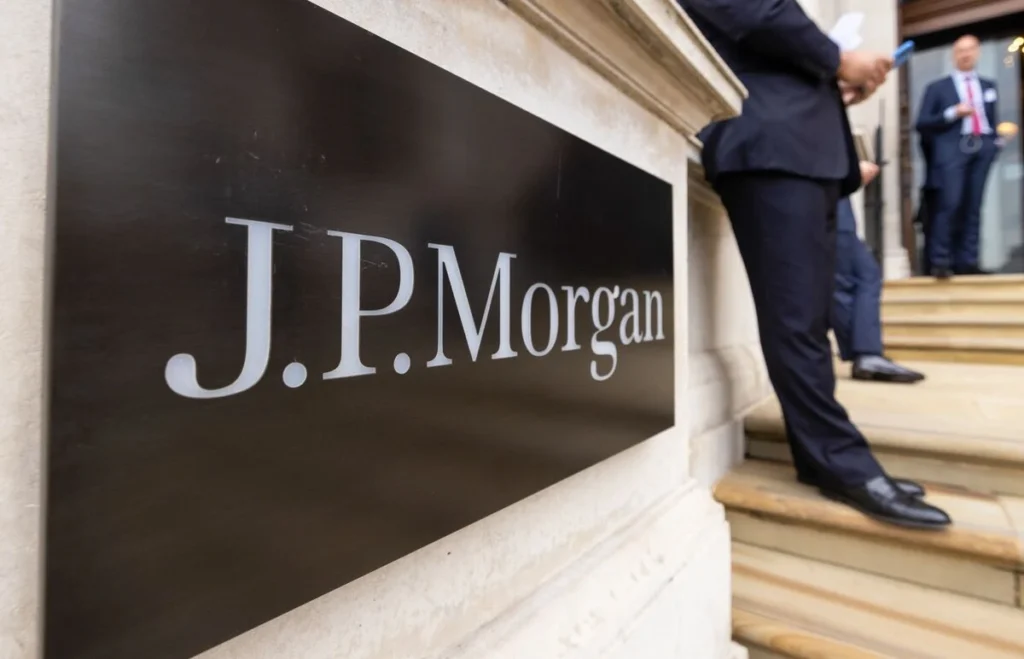‘This repricing has become more significant in the past day – and it is particularly affecting long-dated UK government debt. Were dysfunction in this market to continue or worsen, there would be a material risk to UK financial stability’.
This was a statement given by the Bank of England after their emergency intervention in the UK bond market last Wednesday which was in freefall following the mini-budget announcement. Had they not intervened we could have saw the insolvency of several pension funds in the UK.
Why did it happen?
The UK bond market saw a massive sell-off of long-term government bonds (Gilts) following the mini-budget announcement. The sell-off which caused prices to plummet sharply were driven by fears from foreign investors, who had lost confidence in the economic stability of the UK economy. These worries stemmed from concerns that the tax cuts proposed in the mini-budget would be inflationary, which was a worry given that the UK was already grappling with a crippling cost-of-living crisis and inflation that was close to double digits. Hence, the government’s choice of policy demonstrated their lack of understanding of the current economic climate, signalling to investors the possible troubling times ahead for the UK economy.
Why the Bank of England had to intervene?
UK pension funds typically hold a large proportion of their investments in long-term Gilts as they are usually low-risk investments, meaning that they are heavily reliant on the stability of government bonds to operate. With the price of Gilts falling sharply on Wednesday, many pension funds would have soon faced the reality of becoming insolvent as early as Wednesday afternoon resulting in millions of people losing their retirement funds.
Quantitative easing explained
Foreseeing an imminent pension market collapse, the Bank of England began buying billions in Gilts causing prices to rise, thus temporarily halting the free fall in prices. The mechanism in which they used to buy these bonds is called Quantitative Easing, which is simply when the Bank of England prints money electronically and uses this newly created money to buy government bonds.
While the Bank of England may have saved the day and prevented a possible financial crisis in the short term, their intervention may actually signal troubling times ahead. The billions of pounds they are printing out to purchase government bonds would result in the supply of pounds in the economy to increase causing the value of the pound to fall. As the pound falls in value, it becomes increasingly expensive to import essential goods like oil and food which are typically paid in dollars, further worsening the cost-of-living crisis. In response to tame inflation, interest rates will be risen further translating to higher borrowing costs and mortgage interest repayments deteriorating UK living standards further.
U-turns and what it means for the future
Following a week of turmoil in the financial markets and pressure from Tory MP’s, Liz Truss was forced into a humiliating U-turn on her previous tax cut plans that would have scrapped the 45% top rate of income tax paid by those earning more than £150,000. This was received positively by the market, which had rallied to $1.14 following the news and is now sitting at its levels of $1.13 before the mini-budget announcement. In the short-term it looks like the turnaround by the government will most likely help to restore stability in the market. However, this relief is likely to be short-lived as the pound remains under significant pressure in the face of an impending recession, a cost-of-living crisis and now fears from foreign investors about the governments ability to weather this storm. Additionally, the U-turn on tax cuts now sets a dangerous precedence for whether more U-turns are around the corner if the market reaction is not favourable.
Final thoughts
It would be a severe understatement to say that the economic and financial credibility of the UK has been damaged during Liz Truss’s time as prime minister. A clear indicator of this would be the health of the UK’s major markets. According to Bloomberg, the UK bond and stock market has lost at least $300 billion in value in just one month. In the forex market we saw the pound hit an unprecedented low of 1.0327 against the dollar. The housing market, which will have the greatest effect on the average person, now sees a typical two-year fixed mortgage deal going for 5.75%, up from 4.74% on the day of the mini budget.
With her plans for how she will navigate the next couple of months ahead unclear, the economic outlook for the UK looks bleak. Currently what’s holding the UK markets together is the Bank of England’s 65 billion intervention and with them warning that this ends on the 14th of October there is an immediate concern for how the markets will react in the weeks ahead.
Analyst: Raihan Sufian





























Continue with Facebook Continue with Google